panelists
Soft Roboticists
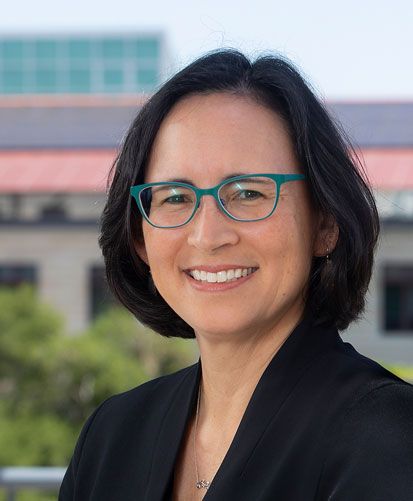
ALLISON OKAMURA
Allison Okamura is the Richard W. Weiland Professor of Engineering at Stanford University in the mechanical engineering department, with a courtesy appointment in computer science. She is Director of Graduate Studies for Mechanical Engineering at Stanford University, a deputy director of the Wu Tsai Stanford Neurosciences Institute, a Science Fellow of the Hoover Institution and a founding faculty member and executive committee member of the Stanford Robotics Center. She is an IEEE Fellow and was previously editor-in-chief of the journal IEEE Robotics and Automation Letters. Her awards include the IEEE Engineering in Medicine and Biology Society Technical Achievement Award, IEEE Robotics and Automation Society Distinguished Service Award, and Duca Family University Fellow in Undergraduate Education. Her academic interests include haptics, teleoperation, virtual reality, medical robotics, soft robotics, rehabilitation, and education.
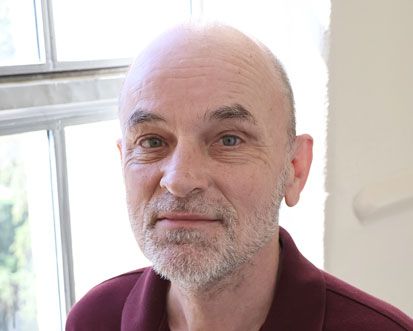
Ian Walker
Ian Walker is a Professor and Head of the department of Electrical Engineering and Computer Science at the University of Wyoming. Professor Walker's research centers on robotics, particularly novel continuous backbone "continuum" and soft robots. His group is conducting basic research in the design, modeling, and application of biologically inspired "tongue, trunk, and tentacle" robots.
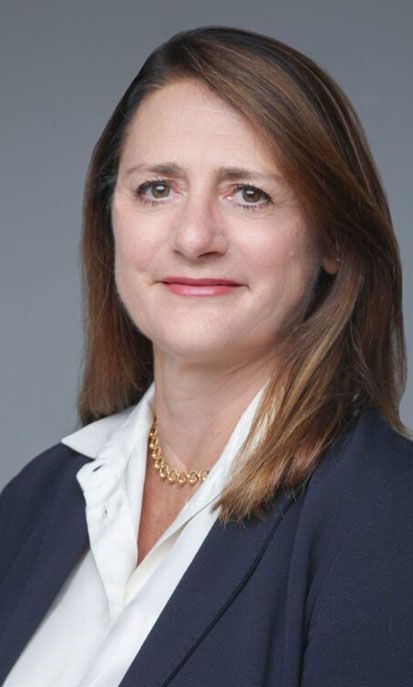
Cecilia Laschi
Cecilia Laschi is Provost’s Chair Professor at the National University of Singapore, Director of Advanced Robotics Centre and Co-Director of CARTIN – Centre for Advanced Robotics Technology and Innovation. She is on leave from Scuola Superiore Sant'Anna, Italy, The BioRobotics Institute. She graduated in Computer Science at University of Pisa and received a Ph.D. in Robotics from University of Genoa. She received an Honorary Doctorate from the University of Southern Denmark, Odense.
Cecilia Laschi is best-known for her research in soft robotics, an area that she pioneered and contributed to develop at international level. She uses a bioinspired approach starting from the octopus as a model for robotics. She explores marine applications of soft robots and their use in the biomedical field, specifically in eldercare.
She is IEEE Fellow and IEEE Robotics & Automation Society (RAS) member, serving twice as AdCom member. She founded the 1st IEEE International Conference on Soft Robotics (RoboSoft) in 2018, serving now in its Advisory Committee. She co-founded the Technical Committee on Soft Robotics. She has been Program Chair of IEEE/RSJ International Conference on Intelligent Systems – IROS in 2018 and in 2024. Still for IEEE RAS, she is Senior Editor of IEEE Robotics & Automation Letters
Space Roboticists
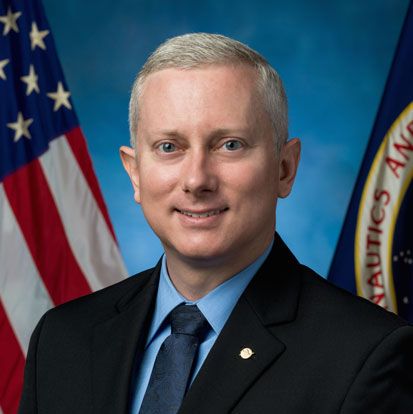
Jonathan Rogers
Jonathan Rogers currently serves as Chief of the Robotic Systems Technology Branch at NASA’s Johnson Space Center. He is responsible for developing the technologies and applications for tele-robotic and autonomous robotic systems used in NASA exploration missions. In the past, Mr. Rogers upgraded the Robonaut 2 humanoid robot for flight and led its operations on the International Space Station. He also holds four patents for a prototype robotically assisted space suit glove, designed to assist astronauts with grasping on space walks. Jonathan earned a B.S. degree in Aerospace Engineering from Texas A&M University.
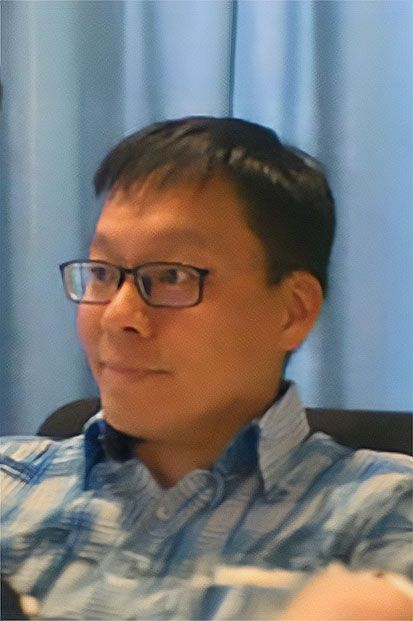
Neal Y. Lii
Neal Y. Lii is the Domain Head of Space Robotic Assistance, and co-founding head of the Modular Dexterous (Modex) Robotics Laboratory, at the Institute of Robotic and Mechatronics, German Aerospace Center (DLR) in Oberpfaffenhofen, Germany. Prior to joining DLR, he worked in the Automotive sector in the Silicon Valley, and at BMW in Germany, where he studied drive-by-wire systems. Neal received his BS from Purdue University, MS from Stanford University, and PhD from University of Cambridge.
Neal works on telerobotics and the different modalities of user interface (UI) for space and terrestrial applications. His hope is to enable people to effectively and effortlessly command complex robots and robotic teams. Aside from diving into hand-arm and other multi-modal UI systems that can give users an immersive experience down to the fingertips, he has also served as the principal investigator of two space telerobotic experiments, METERON SUPVIS Justin, and Surface Avatar. These experiments look at how astronauts on board the International Space Station (ISS) can command different robots on Earth with different UI designs and command modalities, and by extension, how we can command teams of robots in future space missions.

